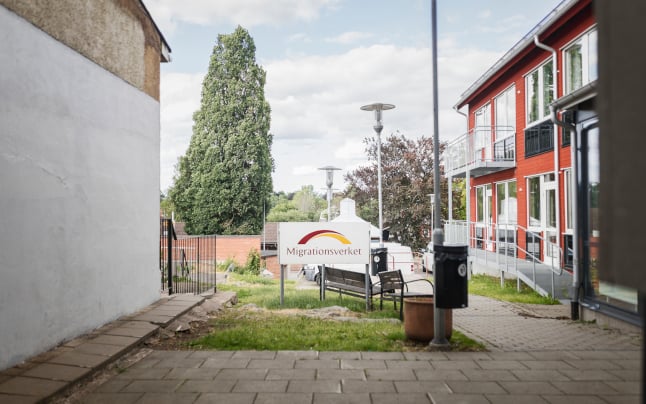The Local has previously written about the long queues for Swedish citizenship, and the waiting times have also been criticised by Sweden’s Parliamentary Ombudsmen.
But things are now moving in the right direction, according to the Migration Agency.
In 2021, it made a decision on around 85,000 citizenship applications, the highest number yet, following efforts to streamline the process.
- IN NUMBERS: How many people became Swedish citizens in 2021?
In October and November last year, around 11,000 citizenship applications were concluded per month, an increase of more than 70 percent compared to the monthly average in the first half of 2021.
“The investment in citizenship has started having an effect in the form of a significant increase in the number of concluded cases in the last quarter of 2021. We also saw that a trend was broken and the number of open citizenship cases began to decrease,” reads a new report by the Migration Agency, which sets out the agency’s forecast for the coming years.
It predicts it will again break the record for concluded cases this year, estimating it will make a decision on around 110,000 citizenship applications in both 2022 and 2023.
However, it warns that waiting times are expected to remain long for now, but that it expects to reach the target at the end of 2023, with no applicant waiting more than six months. At the turn of the year, around 100,000 people were waiting for Swedish citizenship.



 Please whitelist us to continue reading.
Please whitelist us to continue reading.
I am waiting for a decision on citizenship application since September 2020, while I know people who applied last year and got reply in a week. How fair is this? Why not to process historical applications first, in order? I don’t even have a case officer yet, according Migrationsverket website.